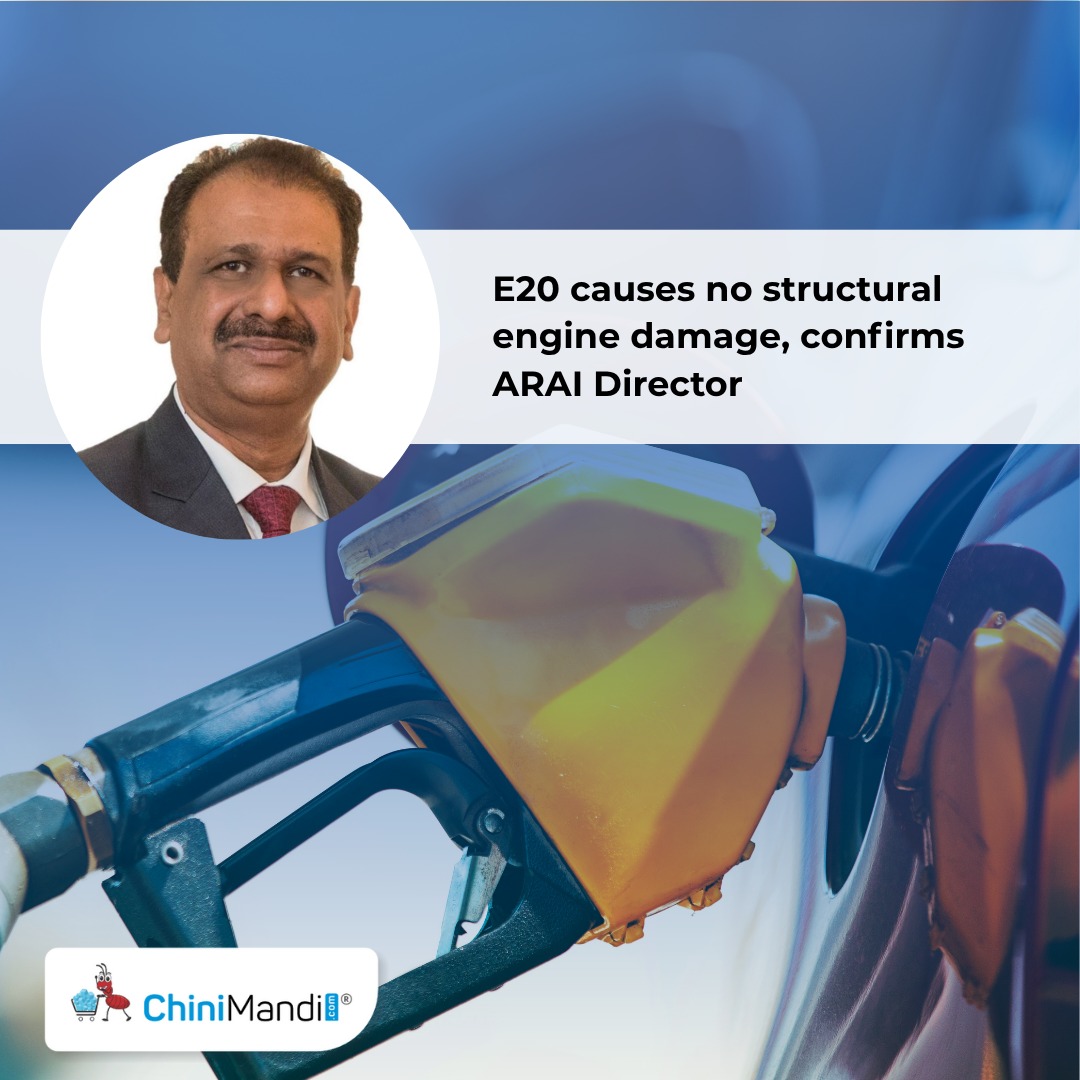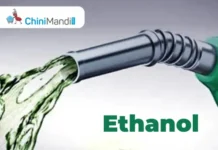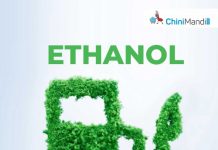Amid ongoing discussions around ethanol blending, Dr. Reji Mathai, Director of Automobile Research Association of India (ARAI), has spoken exclusively to ChiniMandi, wherein he categorically denied any structural damage caused by E20 to vehicle engines.
He said that E-20 fuel does not cause structural damage to the engine or vehicle. “A few rubber/plastic parts have shown inferior performance during standard testing. However, the field trials spanning more than 1 lakh kms (cumulative) have not shown any adverse impact on components”, he highlighted.
Regarding the reduction in mileage and efficiency, Dr. Mathai said that due to the lower calorific value of ethanol as compared to petrol, the fuel economy of E20 is reduced by approximately 3 to 4 % and will vary from vehicle to vehicle.
Explaining the benefits of the Ethanol blending programme, the Director said, “It may be noted that the shift to ethanol blending is not only environmentally friendly but also supports India’s need for energy security”.
The Minister for Road Transport and Highways, Nitin Gadkari, recently talked about E27 standards by August end. Dr. Mathai said that the process for E-27 standard development has just been initiated in BIS, which has involved various stakeholders.
“So far, no data has been generated on the compatibility of existing fleets with E-27. The standard development process is supported by various testing data,” he informed.


















